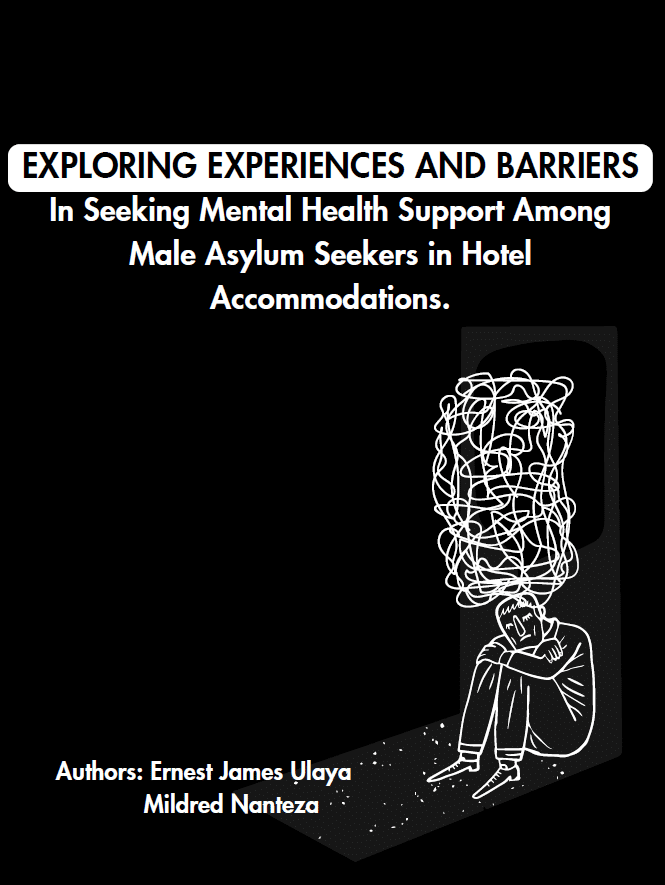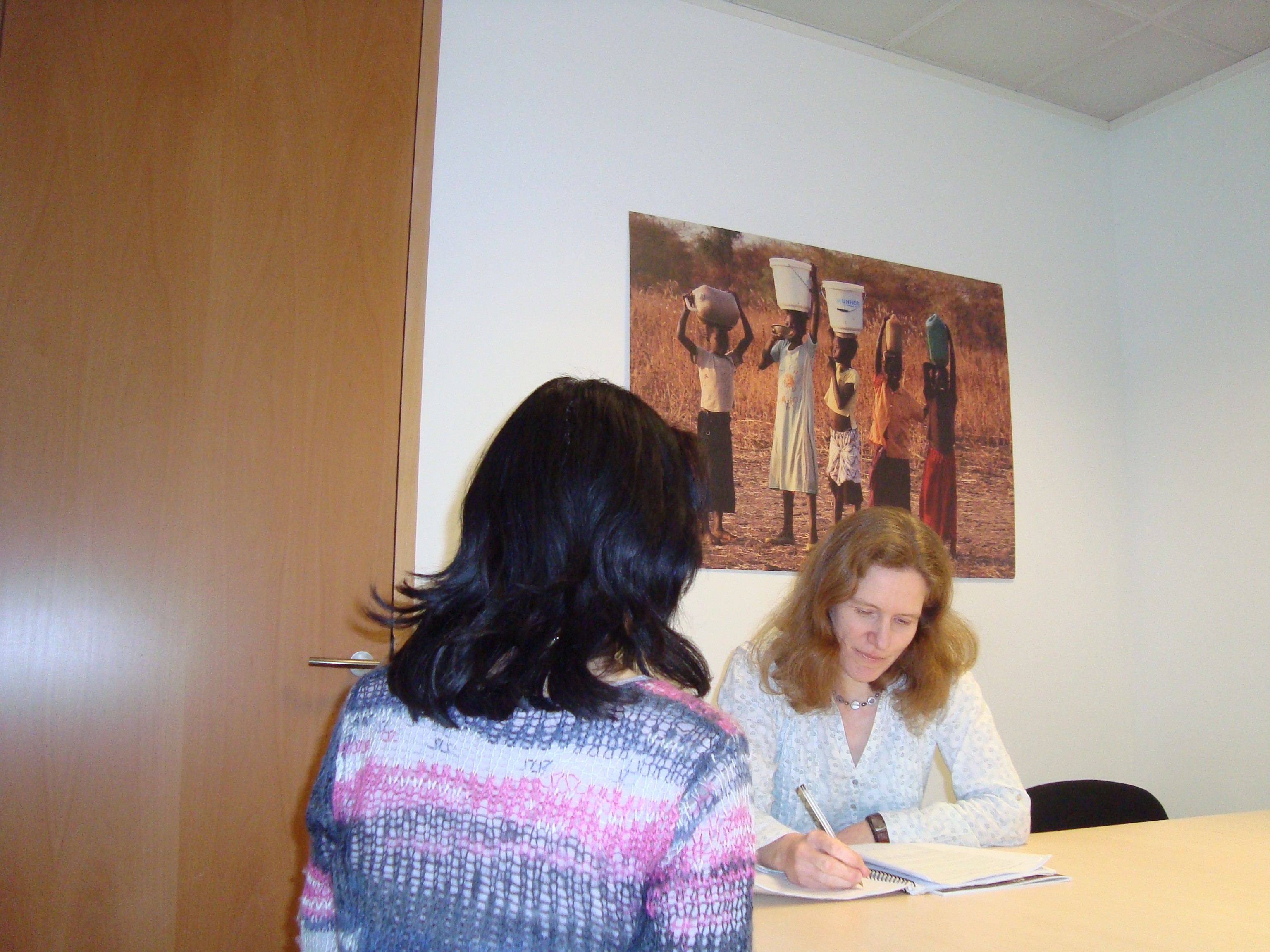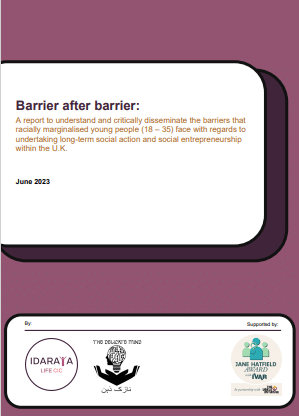Asylum seekers are often traumatised people who have already faced trauma in their country and are under additional stress in an often complex, traumatic asylum system. These experiences also make them more at risk for mental health problems, including post-traumatic stress disorder (PTSD), anxiety and depression. Despite the high prevalence of psychological distress in this population, access to timely and appropriate mental health care remains a significant challenge.
This research explores the barriers male asylum seekers in the UK face when accessing mental health support while living in temporary hotel accommodations.
Using a mixed-methods approach, this study combined surveys and key-informant interviews with voluntary sector representatives to examine systemic, structural, and cultural barriers to mental health services. The research identified four key barriers to help-seeking: poor living conditions, stigma, language barriers, and the lack of trauma-informed care. The voluntary sector plays a critical role in bridging these gaps through advocacy, culturally responsive interventions, and community-based mental health services. However, funding constraints, policy restrictions, and fragmented collaboration with statutory services continue to limit their capacity to provide long-term, sustainable support.
About the authors:
Ernest James Ulaya serves as the ambassador and advisor of Migrant’s Rights Network where he champions the Know Your Rights campaign. He has a background in research and policy development. As a leadership coach, he supports unaccompanied asylum seeking children and other minoritised communities during their integration process. He founded ‘The Voices of Hope’ podcast which is inspired by the journey of many migrants.
Mildred Malaika Nanteza works in the health care sector, specifically in mental health. She has a background in Pharmaceutical Medicine and has an ardent desire to see an environment where asylum seekers have access to adequate mental health services. Mildred has a background in research and leadership.
Ernest James and Mildred are recipients of The Jane Hatfield Award: a grant to support the next generation of researchers and activists. This Award is from IVAR and The Ubele Initiative CIC.
Download the full report below to discover more about the challenges highlighted in the research that are essential to ensuring that asylum seekers receive the mental health support they need, in a way that respects their dignity and well-being.




